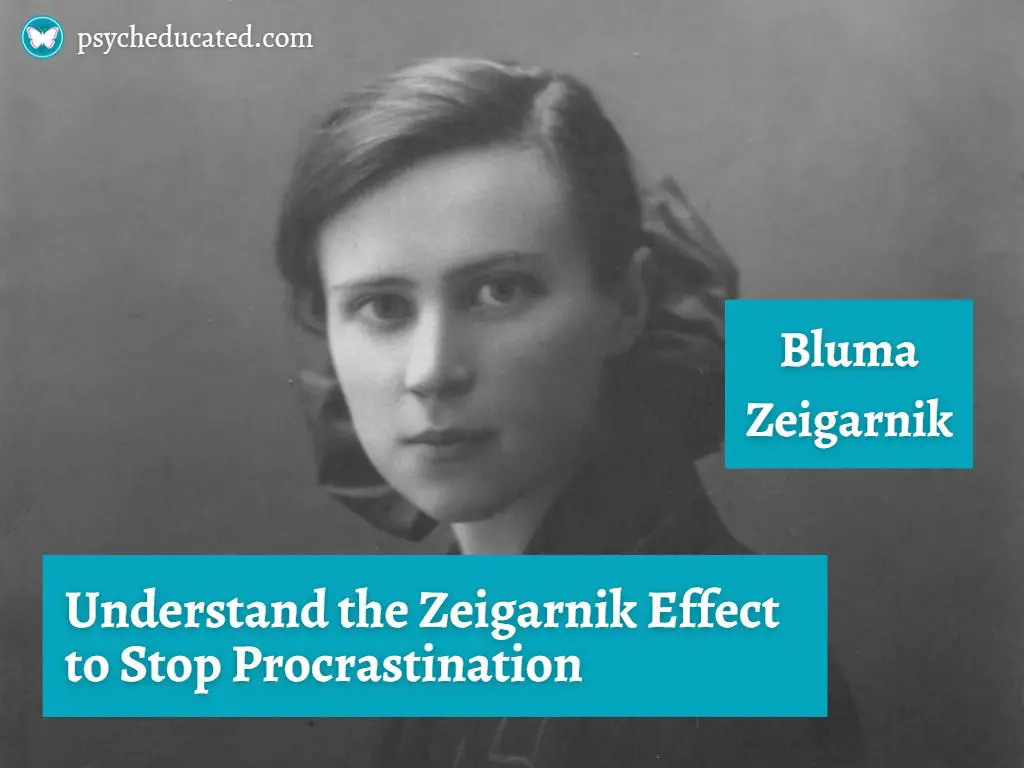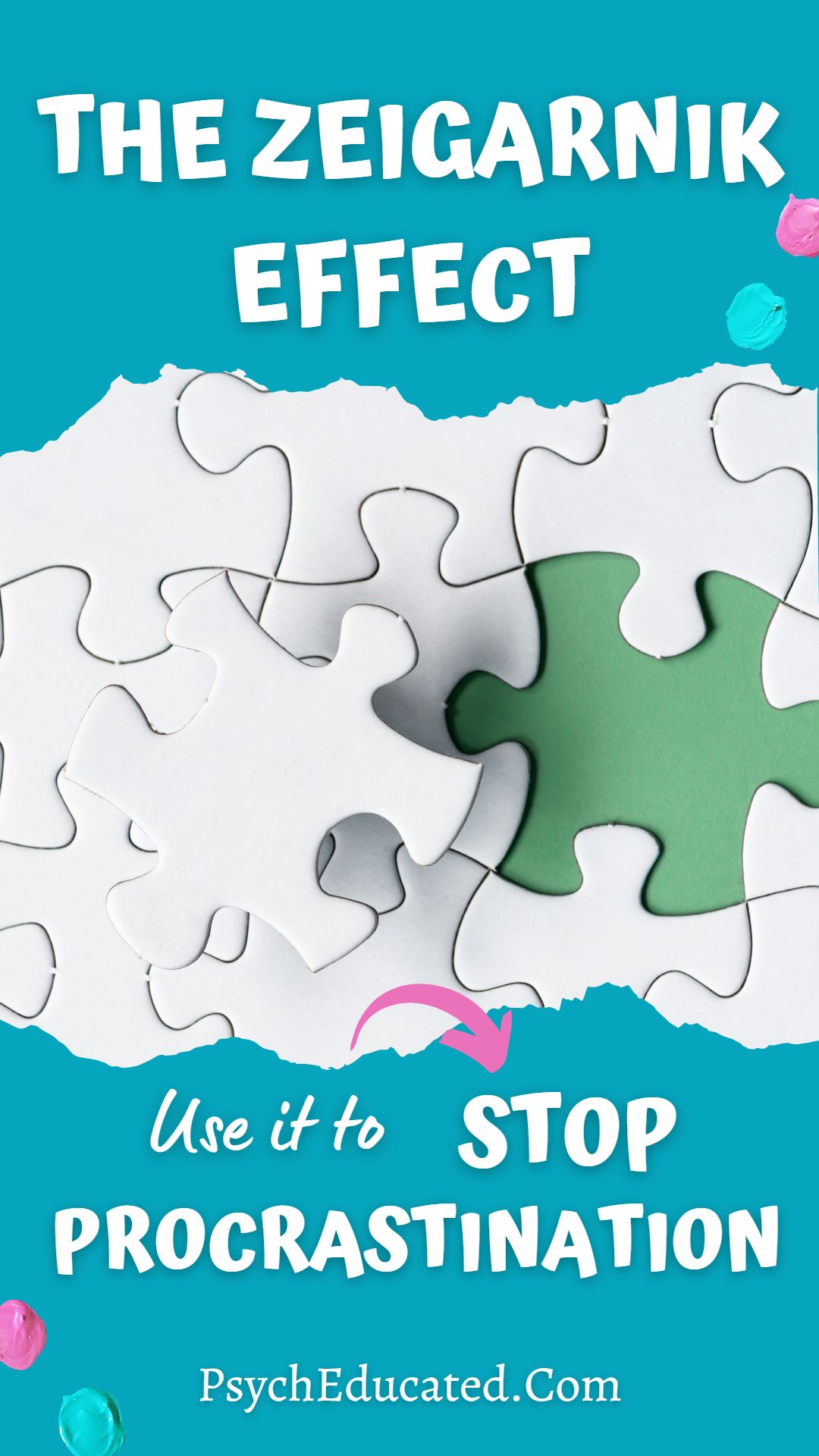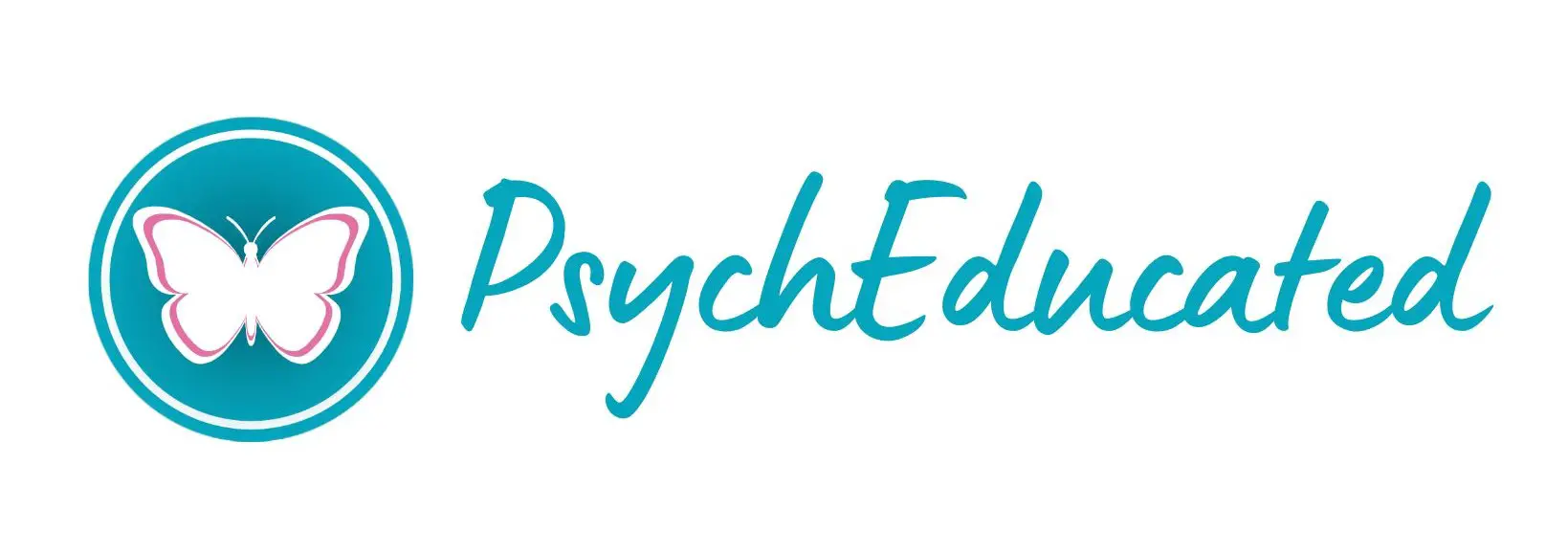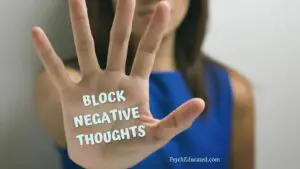Find us on:
How To Overcome Procrastination Using the Zeigarnik Effect

Have you ever experienced those nights when you just can’t stop thinking about that one task you didn’t complete? I know I have! And guess what? There’s actually a scientific reason behind it! Apparently, our brains have a habit of remembering unfinished tasks more than the ones we’ve completed, and experts call it the Zeigarnik effect.
But the good news is that we can actually use this psychological phenomenon to our advantage!
By understanding the Zeigarnik effect, we can break free from procrastination, become more productive, and control the stress of unfinished tasks lingering in our minds.
The Zeigarnik Effect
How was the Zeigarnik effect discovered?
Legend has it that in the 1920s in Berlin, a group of colleagues, including the psychologist Kurt Lewin (founder of social psychology), were amazed by a waiter at a restaurant who could memorize their orders without taking notes and without making any mistakes.
However, when one of the colleagues returned to the restaurant later to retrieve a forgotten item, the waiter did not recognize him and did not remember where he had been sitting. This led Kurt Lewin and his student Bluma Zeigarnik to question whether there was a difference in memory between completed and incomplete tasks.
Zeigarnik conducted a study where she gave the subjects a series of tasks. She let half of the participants finish their tasks and interrupted the others before they could complete what they were doing.
Later, when the researcher asked the participants to recall the tasks they had performed, those who had their work interrupted were about twice as likely to recall what they had been doing as those who had finished the tasks.
Zeigarnik concluded that people tend to remember unfinished tasks better than completed ones.

How does it work?
According to Bluma Zeigarnik, the state of “psychic tension” caused by the unfulfilled “need for completion” of a task leads to better retention of the task in memory.
This means that when we leave a task incomplete, it creates a sort of mental open loop or unresolved situation in our minds.
This unresolved state keeps the task more active in our memory, making it easier to recall later on.
Once you complete the task, you close the mental loop, and the task becomes less memorable.
When do I see it happen?
Understanding this phenomenon helped me explain what I used to experience during my exams when I was a student. You see, I had this really bad habit of putting off studying for exams. As a result, I would find myself cramming like crazy just before the exam.
The funny thing is that the moment I got out of the exam, I forgot almost everything I had memorized before. It’s like my brain wiped that entire subject file to make room for the next one. I’m sure some of you can relate!
This happens because when you have tasks that you feel the need to complete, you store them in your short-term memory. Once you complete them, you stop keeping them pending on the surface of your brain and get rid of them.
I can also see it happen when I fail to complete a task, for example, when my kids interrupt me while I’m trying to properly word an interesting idea for an article.
As I go about doing other things around the house or responding to my children’s requests, the idea that I wanted to write nags at me, and I can’t wait to get back to it and finish what I was doing when I was interrupted.
That’s how the Zeigarnik effect works. You find it hard to stop thinking about a task that you failed to complete and you feel the urge to finish it as soon as possible.
Maybe it can be annoying sometimes to have this mental stress from unfinished tasks but, guess what! You can use the Zeigarnik effect to your advantage. It can help you increase productivity and defeat procrastination.
How to use the Zeigarnik effect to help you stop procrastination
You can use the Zeigarnik effect to your advantage if you can choose correctly the best time to interrupt your work.
Ernest Hemingway was the master of useful interruptions. He wrote fifteen books in his lifetime. One of his favorite productivity tricks was to stop writing sessions right in the middle of a sentence rather than at the end of a section or paragraph.
That feeling of incompleteness ignited a spark inside of him. This gave him the boost he needed to start the next day strong.
He once advised a young writer as following:
The best way is always to stop when you are going good and when you know what will happen next. If you do that every day when you are writing a novel you will never be stuck. That is the most valuable thing I can tell you so try to remember it.
Ernest Hemingway
So it works best if you end the day with a task that has a clear next step. You have to know exactly what needs to be done.
This may be a great source of motivation to pick up where you have left off and continue the work without procrastinating.
This method is not only helpful for writers but it can also be applied to all kinds of activities. You just have to get started with it!
Also, you should know that the more you are closer to the end, the more motivated you’ll be to finish the task at hand.
The lingering feeling of the incomplete task is what makes the Zeigarnik effect effective.
As for a large project, you probably won’t have that sense of urgency to complete it as for small tasks. That’s why you have to split every major activity into smaller steps. Determine the small milestones that you have to hit and treat every milestone like a separate task. In this case, you’re going to be able to use the Zeigarnik effect in your favor.

Negative Aspects of the Zeigarnik Effect
Nothing is more burdensome than an unfinished task
Jim Rohn
If you’re trying to focus on something specific, but you can’t stop thinking about “the other unfinished task”. It’s going to split your focus. You won’t be able to channel all your energy into that specific task.
Unconsciously, you’ll spend precious mental energy considering how to accomplish those tasks. Your brain will be, in a way, working on them behind the scenes. It might cause mental distractions.
Our brains forget completed tasks very quickly. However, their programming keeps them interrupting us with notifications of incomplete tasks.
This is how the Zeigarnik Effect can be a source of trouble and distraction.
Here are some tips I use to overcome the negative aspects of the Zeigarnik Effect
If a sudden thought arises while working on something important–like needing to make a doctor’s appointment, for example–pause for a second!
Don’t try to remember what you haven’t done or completed. Your mind will keep refreshing the idea so that you don’t forget it. And this will reduce focus and consume mental energy.
What you can do instead is just take a second and write it down on your to-do list.
The pressure will be off, and your brain will cross off that item from your mental to-do list. You’ll be able to completely focus again on the task. It works like magic!
What if what’s distracting you is more complicated than making a doctor’s appointment?
What you have to do in this case is make a written plan of how you’re going to do it.
A 2011 study showed that plan-making can eliminate the cognitive effect of unfinished tasks and unfulfilled goals.
In other words, planning will relieve your mind of the mental load and reduce tension until it’s time to complete the unfinished work.
Another important point emphasized by this study is the importance of making specific plans. When you know exactly what you’re going to do, you can control the uncertainty and feel prepared for what comes next.
Another negative aspect of the Zeigarnik Effect is that we tend to forget completed tasks. So make sure to look back at your accomplishments, how far you’ve come, and all the completed tasks.
Celebrating your wins will boost your confidence and motivate you to do more and stop procrastinating.
Final thoughts
The psychologist Bluma Zeigarnik discovered that people tend to remember and obsess over incomplete tasks rather than completed ones. This means that if you start a task and don’t finish it, your mind will continue to think about it until it’s completed.
By interrupting your tasks at the right time, breaking large activities into smaller ones, and planning your future projects, you can overcome procrastination and complete your work more efficiently. Additionally, using to-do lists and planners can help reduce the mental burden of incomplete tasks.
I encourage you to understand the Zeigarnik Effect and try using it by implementing the tips we mentioned. It will help you increase your productivity and prevent procrastination.
You will find more great tips in these related articles:
How To Vanquish Procrastination? 9 Simple Tips
How To Get Things Done: 13 Tips To Increase Productivity
Don’t forget to share this with your friends!
Pin me!





